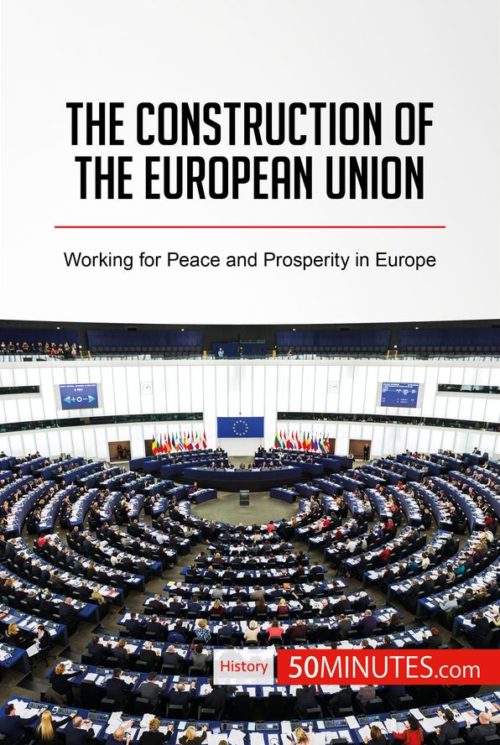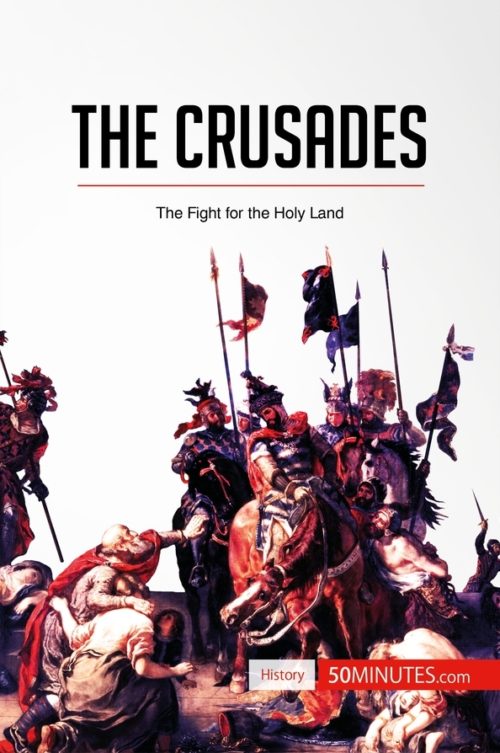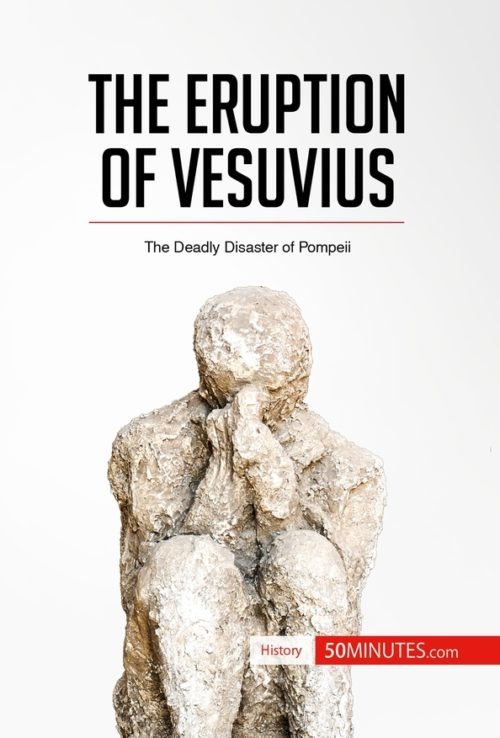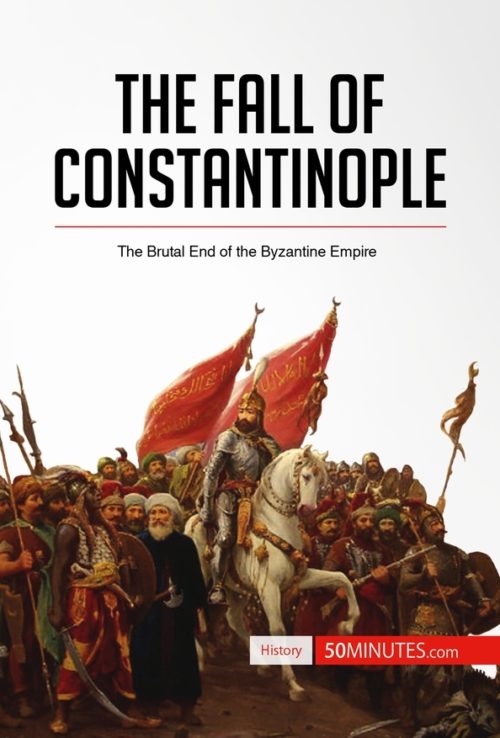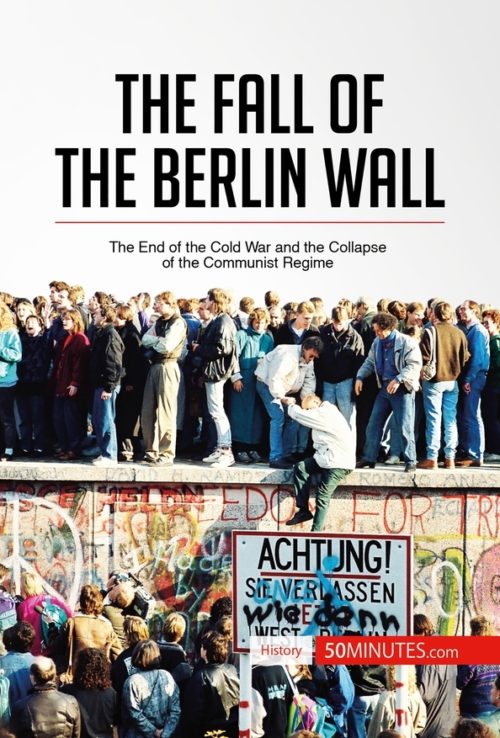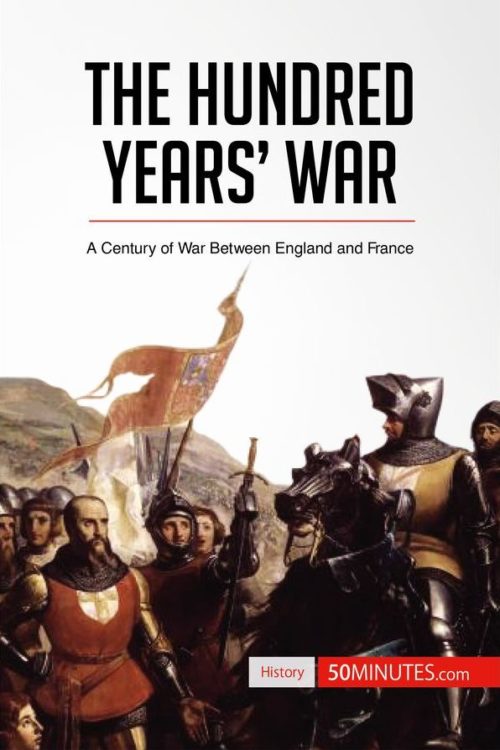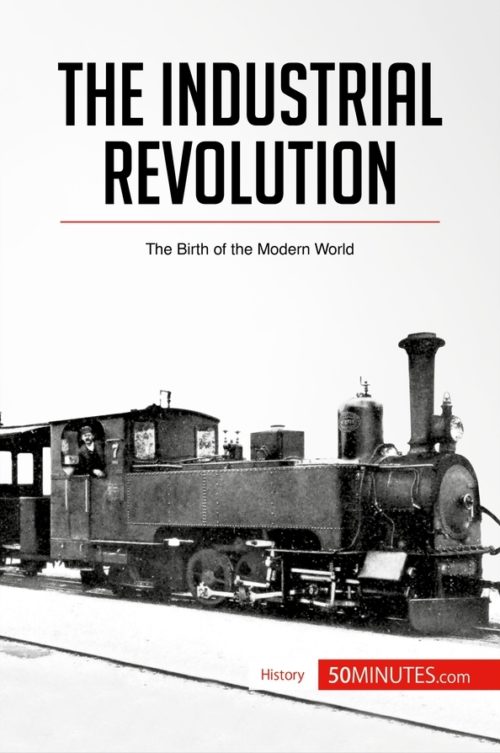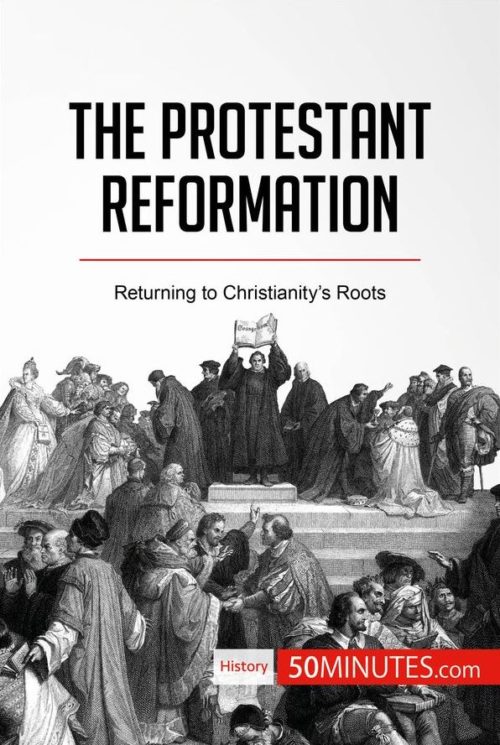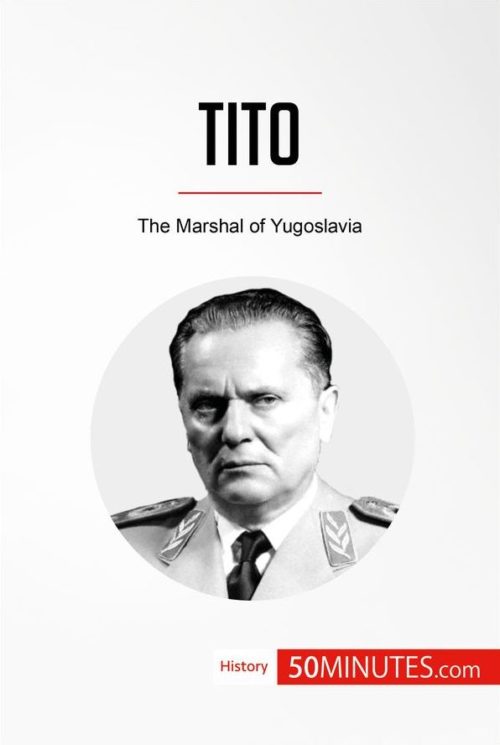The European Union is both one of the most influential and one of the most polarizing supranational bodies in the world. With its own monetary union, the Eurozone, and key rights including free movement throughout the 28 member states for EU citizens, its supporters see it as the most effective means of fostering international cooperation on the continent, while its...
Read more
-
The Crusades were a religious, political and miltary conflict between the three great powers of the 11th, 12th and 13th centuries: Catholic Europe, the Muslim world and the Orthodox Byzantine Empire. The birth of Islam had a profound effect on the beginning of the Crusades, as the Muslim faith began to spread to the West and Muslim troops began to invade...
Read more -
In 79 AD, the Italian city of Pompeii was destroyed by the catastrophic eruption of Mount Vesuvius. This remains one of the largest volcanic eruptions in European history, and claimed between 10 000 and 20 000 victims. However, this tragedy has also provided archaeologists and researchers with an incredibly valuable historical source: the ash which covered Pompeii preserved organic matter that...
Read more -
The Fall of Constantinople in 1453 was a major turning point in European history: a fierce battle in this crucial trading city ended with the demise of the Byzantine Empire and the ascendency of the Ottoman Empire, which dominated the region in the following centuries. This transfer of power is essential for understanding the modern era in Western Europe, and is seen by...
Read more -
The fall of the Berlin Wall put an end to almost 30 years of physical and ideological separation between the two halves of the German capital. Constructed at the height of the Cold War, the Berlin Wall symbolized the hostility between the capitalist powers in the West and the Communist powers in the East. Its fall saw people flood across...
Read more -
The Hundred Years’ War was one of the most significant conflicts of the Middle Ages and spanned several generations. Known in particular for its scale (it involved many different factions and five generations of kings), the war marked the height and the decline of chivalry. It had a considerable impact on Europe, bringing European monarchies into the age of modernity...
Read more -
The Industrial Revolution was a period of modernization which began in Great Britain before spreading to the rest of Europe. It was during this period that many countries in the Western world changed from being primarily agricultural to being more mechanized, thereby accelerating demographic growth and leading to unprecedented economic change. In just 50 minutes, you will find out how...
Read more -
The Protestant Reformation was a religious movement that began in the 16th century in response to the perceived abuses and excesses of the Catholic Church, such as the sale of indulgences. Protestantism quickly gained a foothold in numerous countries and principalities throughout Northern Europe, in spite of the increasing threat of religious persecution. In just 50 minutes, you will find...
Read more -
Josip Broz Tito was the first President of the Socialist Federal Republic of Yugoslavia, holding the role from 1953 to his death in 1980. After distinguishing himself in the resistance during the Second World War, he played a crucial role in shaping the new federal state and went on to defy Stalin, calling instead for a “third way” between the Eastern...
Read more
